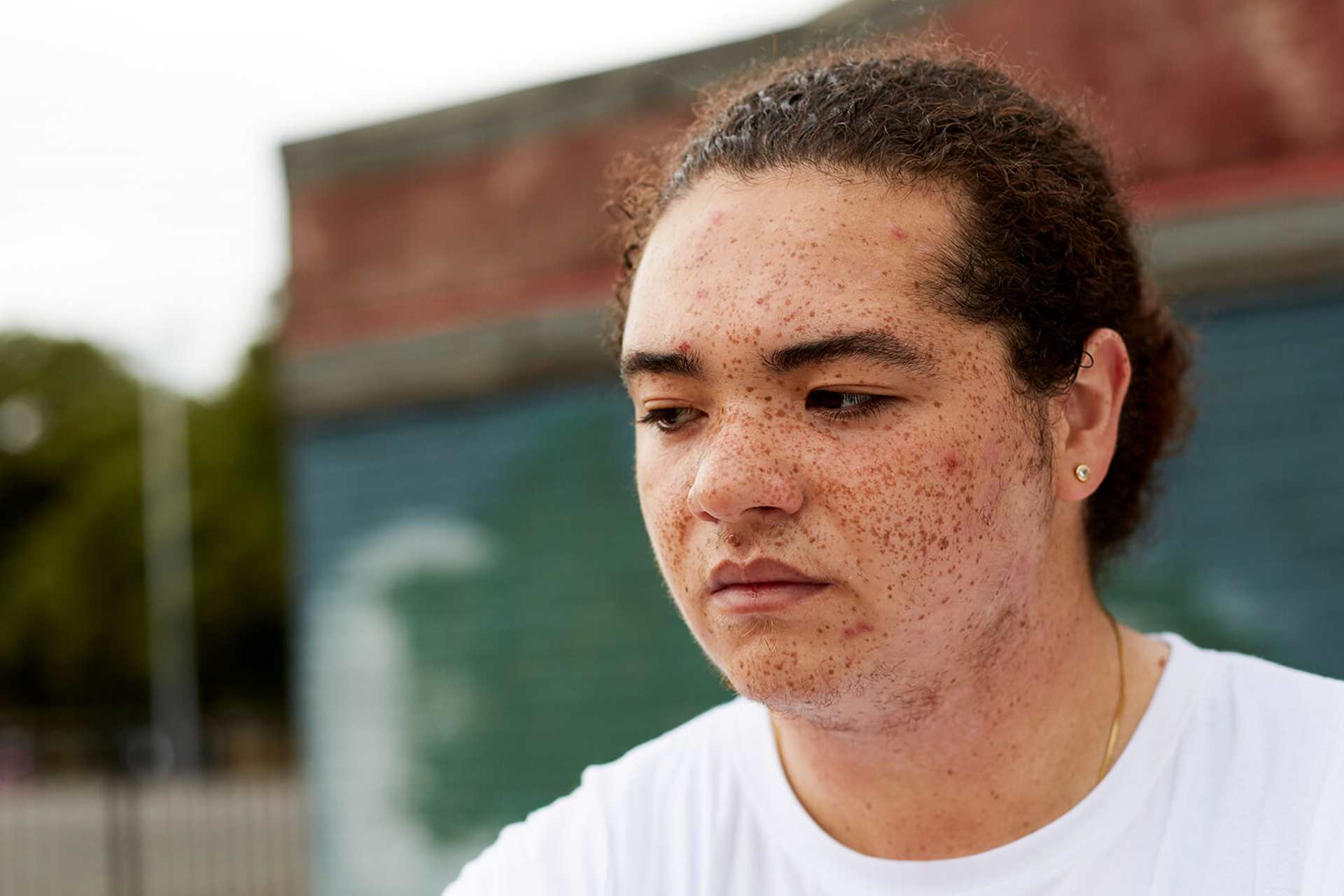Topics mentioned: anxiety, self-care, reaching out for help
About: Georgie knows what it’s like to live with anxiety, and the difficulty you can have getting through a day. Here she shares her top coping techniques that she’s found have really helped and reduced her anxiety.
It has always been a constant worry of mine that something, somehow is going to go wrong. But sometimes I guess that’s just the way it is. I get a lot of questions along the lines of, ‘what’s worrying you?’ but honestly, most of the time I don’t really know.
Coping with anxiety is difficult, so I’ve tried to compose a list of things that I do to make my life slightly less stressful.
Having things in my life that I enjoy doing reduces the worries that I get.
Find something to look forward to
Doing something that you enjoy is a good way of taking your mind off of things. I get anxiety over things that may not even happen, and so having things in my life that I enjoy doing reduces the amount I worry.
You need to find a reasonably stress-free activity that requires all your attention and will stop you from thinking about other things. Sitting doing nothing allows my mind to wonder and eventually leads to a panic!
Find a way to get the worries out
Finding a physical way to get your worries into the open can really help. When struggling to revise once, I asked a teacher for any good ideas and they told me to physically imagine the information entering my brain. I’ve found that imagining my anxious thoughts physically leaving my brain and floating off into the sky really helps me.
Of course, this isn’t the only way you can get your worries into the open. I also list my thoughts on a piece of paper, before ripping them up and throwing them away.
Someone will always care about you, and no one wants you to struggle if they can help you.
Share your struggles with people you trust
I see a counsellor at my school every two weeks to discuss my problems. However, sometimes appointments can be difficult to arrange. It’s worth speaking to your school nurse or GP if you are really struggling.
Most of the time though, talking to a friend or an adult that you trust can really help. There is no point struggling alone. Someone will always care about you, and no one wants you to struggle if they can help you.
Stop and focus on breathing
Sometimes all you need to do is stop and focus on your breathing. I have learned many techniques over my time in counselling, and finding one that works for you is important.
If you look up ‘calming breathing techniques’ you’ll be able to find many of your own. I breathe in for seven seconds and out for 11 seconds, which just helps me to stop and focus.
Sometimes all you need to do is stop and focus on your breathing.
These are the main techniques that I use to cope with my anxiety. You always have high points and low points, good days and bad days, and learning to cope requires practice.
You will reach a point, through using the right coping techniques and speaking to someone you trust, when the things that you worry about get less frequent, and the anxiety you get becomes less of a monster and more of a partner that you work with.
More advice on anxiety
We have tips and advice to help you find the support you need. Take a look at our guides.
Where to get help
However you're feeling, there are people who can help you if you are struggling. Here are some services that can support you.
-
Childline
If you’re under 19 you can confidentially call, chat online or email about any problem big or small.
Sign up for a free Childline locker (real name or email address not needed) to use their free 1-2-1 counsellor chat and email support service.
Can provide a BSL interpreter if you are deaf or hearing-impaired.
Hosts online message boards where you can share your experiences, have fun and get support from other young people in similar situations.
- Opening times:
- 24/7
-
Shout
Text SHOUT to 85258.
Shout provides free, 24/7 text support for young people across the UK experiencing a mental health crisis.
All texts are answered by trained volunteers, with support from experienced clinical supervisors.
Texts are free from EE, O2, Vodafone, 3, Virgin Mobile, BT Mobile, GiffGaff, Tesco Mobile and Telecom Plus.
Texts can be anonymous, but if the volunteer believes you are at immediate risk of harm, they may share your details with people who can provide support.
- Opening times:
- 24/7






